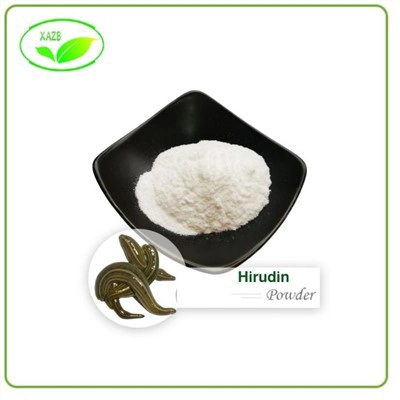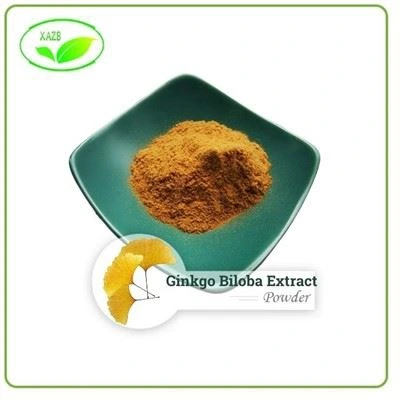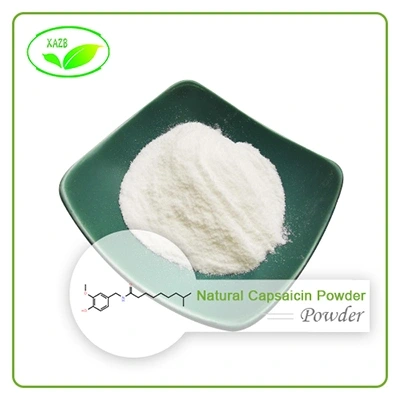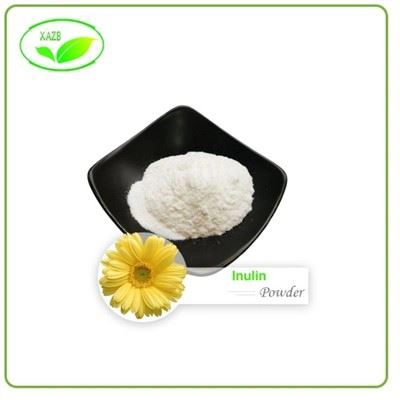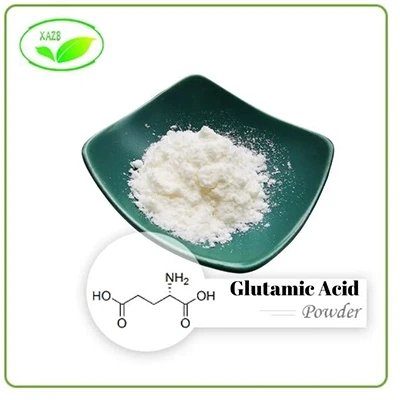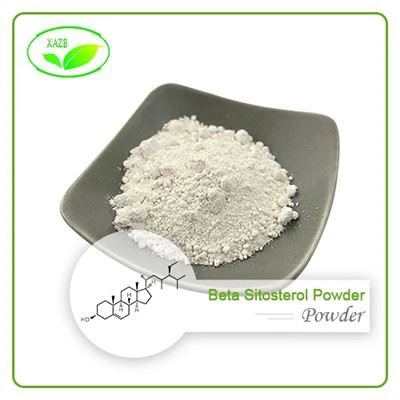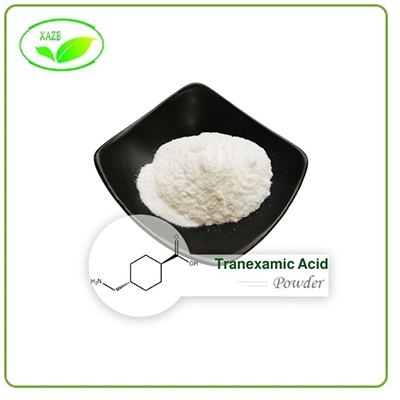Resveratrol: Skin Health Guardian
2024-05-09 15:57:53
Resveratrol is a non flavonoid polyphenolic organic compound, and there are two types of resveratrol: natural and synthetic. Natural resveratrol has two structures: cis and trans, which are mainly present in the trans conformation in nature. Both structures can bind to glucose to form cis and trans resveratrol glycosides, respectively. And cis and trans resveratrol glycosides can release resveratrol under the action of glycosidases in the intestine. Under ultraviolet light irradiation, trans resveratrol can be converted into cis isomers.
1. Source of Resveratrol
Resveratrol is widely present in natural plants, and currently common extraction sources include:
(1). Wild grapes: Resveratrol is the main active ingredient in the skin and seeds of wild grapes, with a content of up to 500 μ g/g。
(2). Osmanthus: Osmanthus is a small herbaceous plant with abundant resveratrol in its roots.
(3). Cauliflower: Cauliflower contains abundant resveratrol, which can be extracted at 0.44-0.72mg per 100g.
(4). Red wine: Red wine contains a high concentration of resveratrol, with a content of 0.3-1.1 mg per 100 milliliters of red wine.
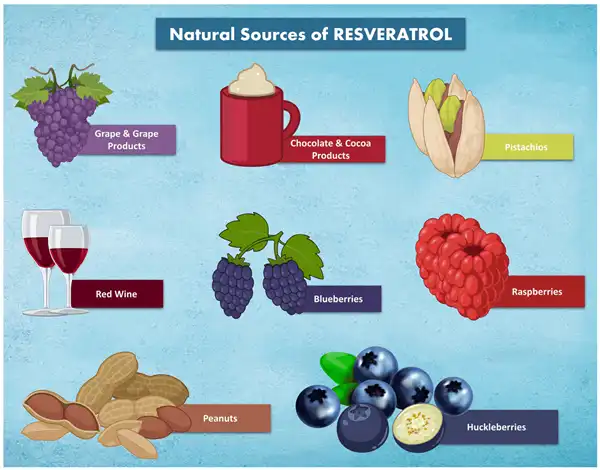
2. The Function and Application of Resveratrol
Due to its multiple functions, resveratrol is currently widely used in fields such as medicine, health care, and cosmetics.
(1). Antioxidant function
Resveratrol is a free radical scavenger that can eliminate free radicals in the body and protect cells from oxidative damage. In addition, resveratrol can enhance the tolerance of cells to oxygen free radicals and regulate the redox balance in the body.
(2). Anti cancer function
Resveratrol has an anticancer effect, which can inhibit the growth and division of malignant cells, promote the division and growth of normal cells, and thus achieve the goal of preventing and treating tumors. Current research has shown that resveratrol has significant inhibitory effects on various cancers.
(3). Reduce blood lipids and blood sugar
Resveratrol can reduce the content of cholesterol and low-density lipoprotein cholesterol (LDL-C), and increase the level of high-density lipoprotein cholesterol (HDL-C), thus playing a role in reducing blood lipids. In addition, resveratrol can also reduce glucose and insulin levels in the blood, thus contributing to the prevention and treatment of diabetes.
(4). Cardiovascular protection
Resveratrol can improve the survival and function of vascular endothelial cells, and alleviate myocardial cell damage after myocardial ischemia-reperfusion. In addition, resveratrol can also lower blood pressure and improve myocardial metabolism, thereby helping to protect cardiovascular health.
(5). Other applications
In addition to the above functions, resveratrol also has various effects such as regulating immune system function, anti-inflammatory, and skin protection.
With the increasing attention paid to health, resveratrol has become one of the functional ingredients that have received much attention in the domestic and international markets.
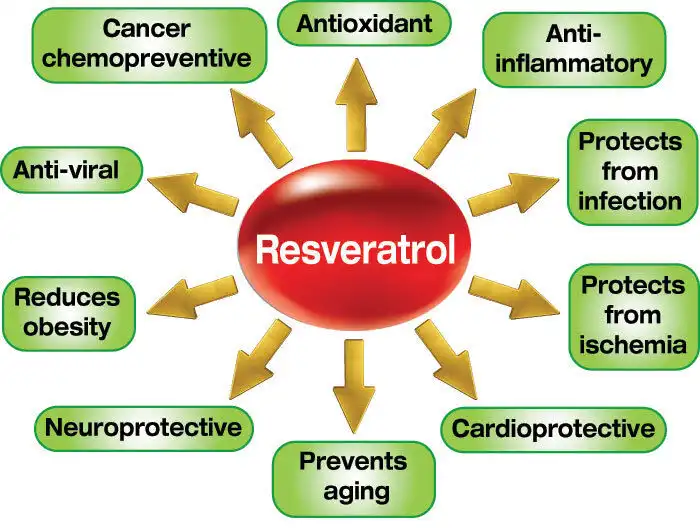
At present, the market for resveratrol is mainly applied in fields such as health products, pharmaceuticals, and cosmetics. Among them, the market size of health products and pharmaceuticals is the largest, and it is expected to maintain a rapid growth trend in the future.
According to statistics, the global market size of resveratrol reached $1.002 billion in 2020 and is expected to reach $1.985 billion by 2025. At present, the United States, Japan, Europe and other regions are the main consumers of resveratrol in the global market. In China, the resveratrol market is also showing a rapid growth trend.
Send Inquiry
Related Industry Knowledge
- What Does GHK Copper Peptide Do?
- What is Omega Fish Oil 3 Good For?
- How to Use Ferulic Acid in Skincare?
- Does Arginine Aid Detox?
- What is l Serine?
- How Much Pterostilbene In Blueberries?
- What is L-Glutathione used for?
- How To Make Quinine Water?
- Does Pterostilbene Raise Cholesterol?
- Is Clobetasol A Strong Steroid?


